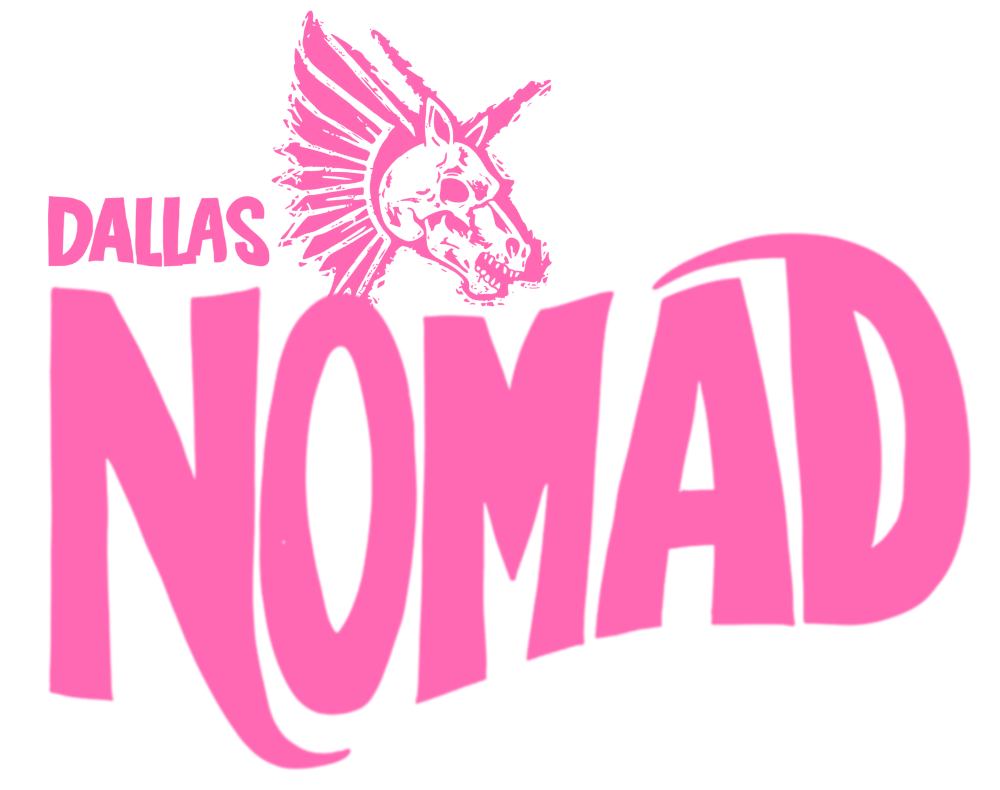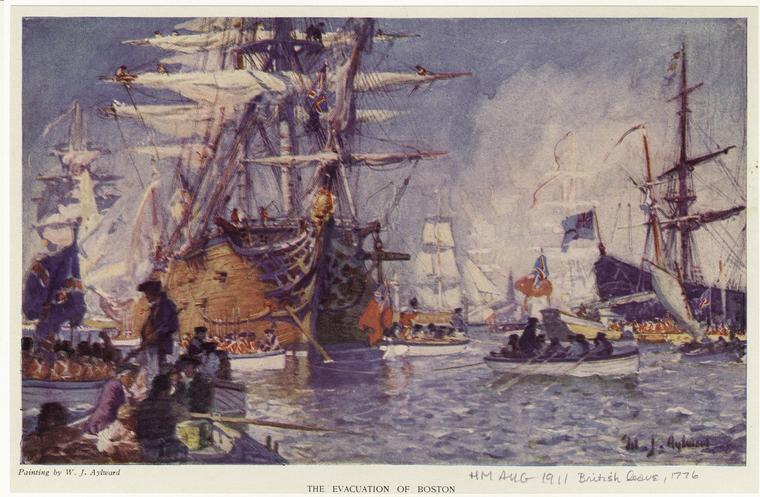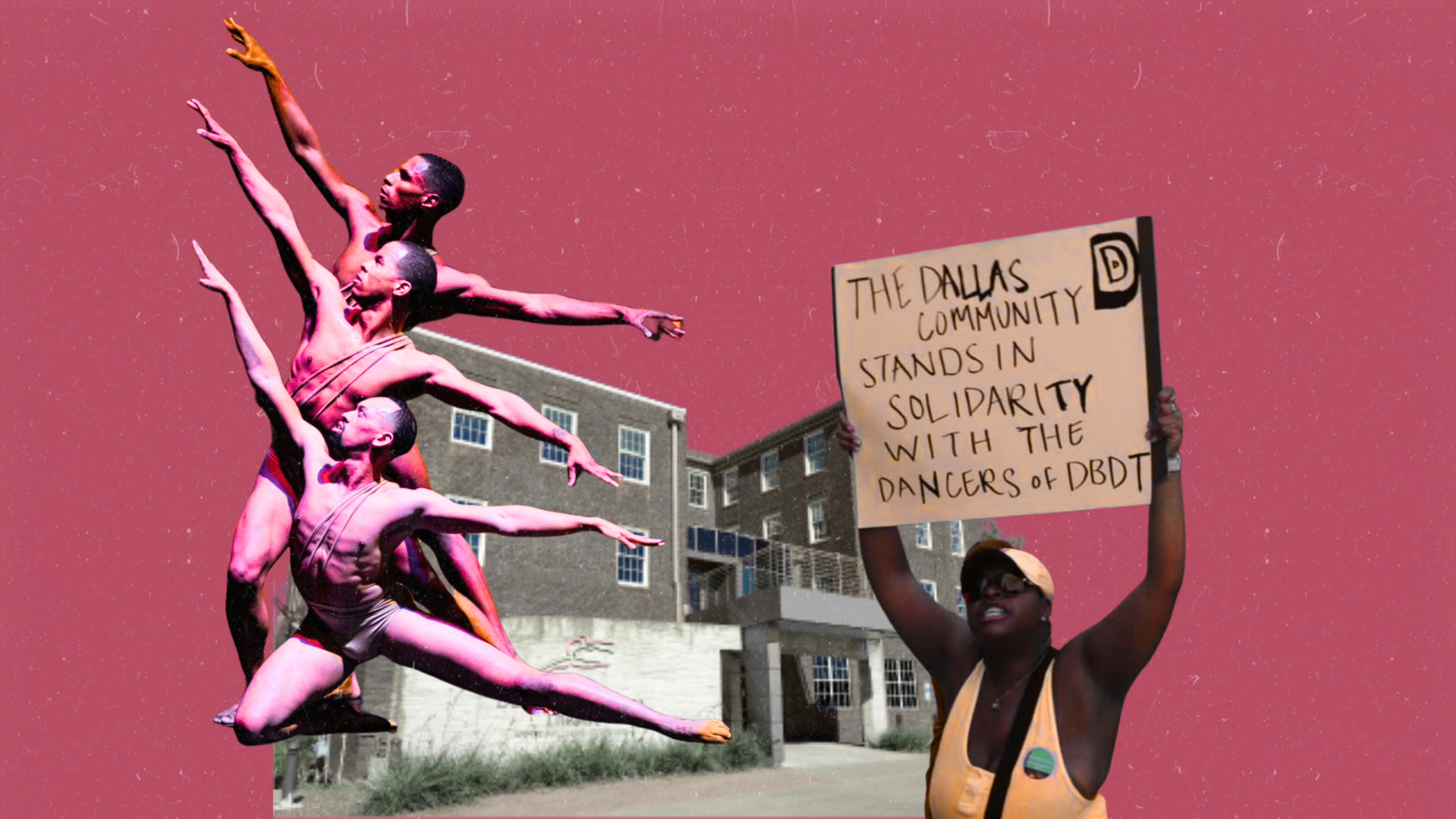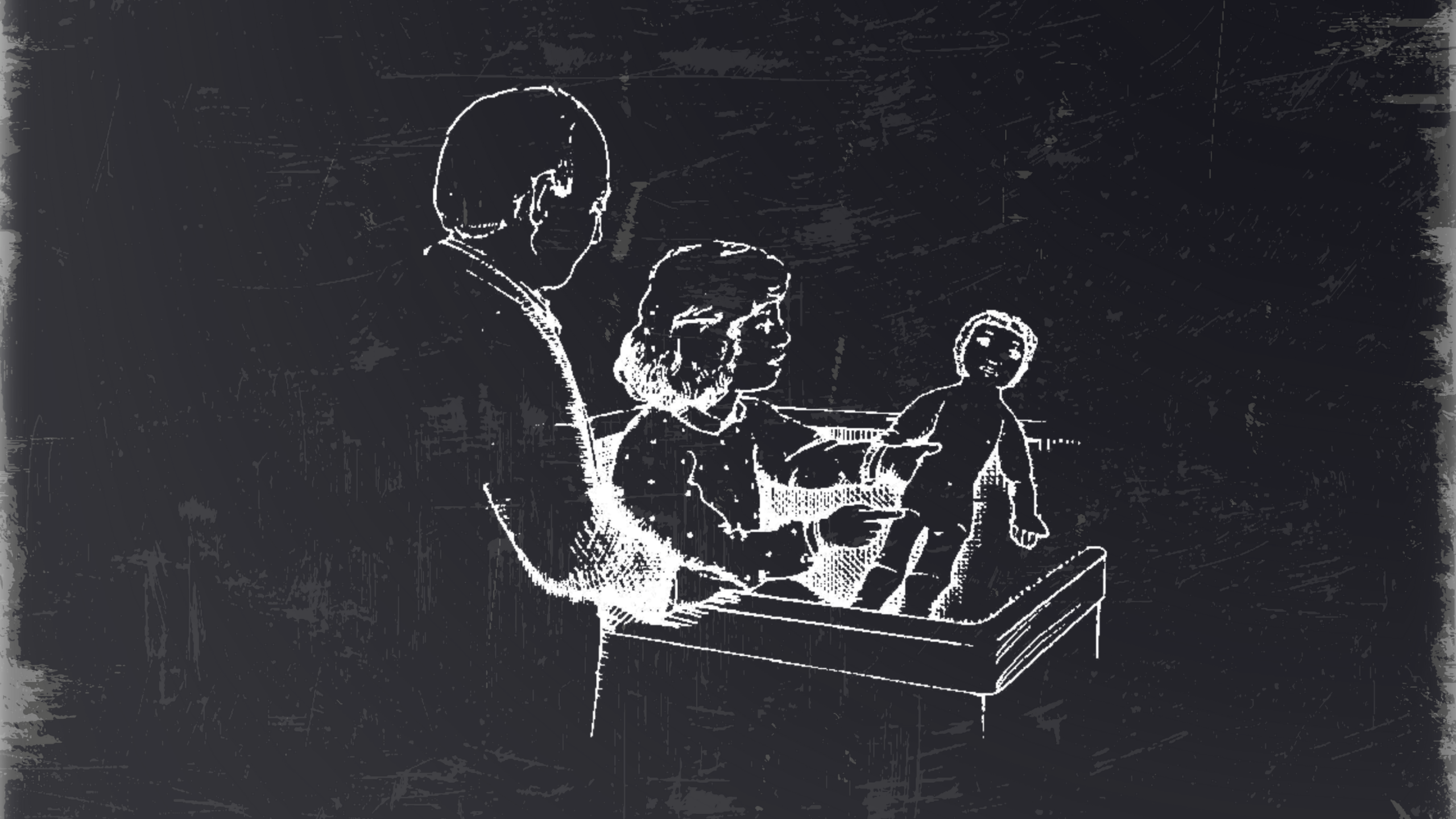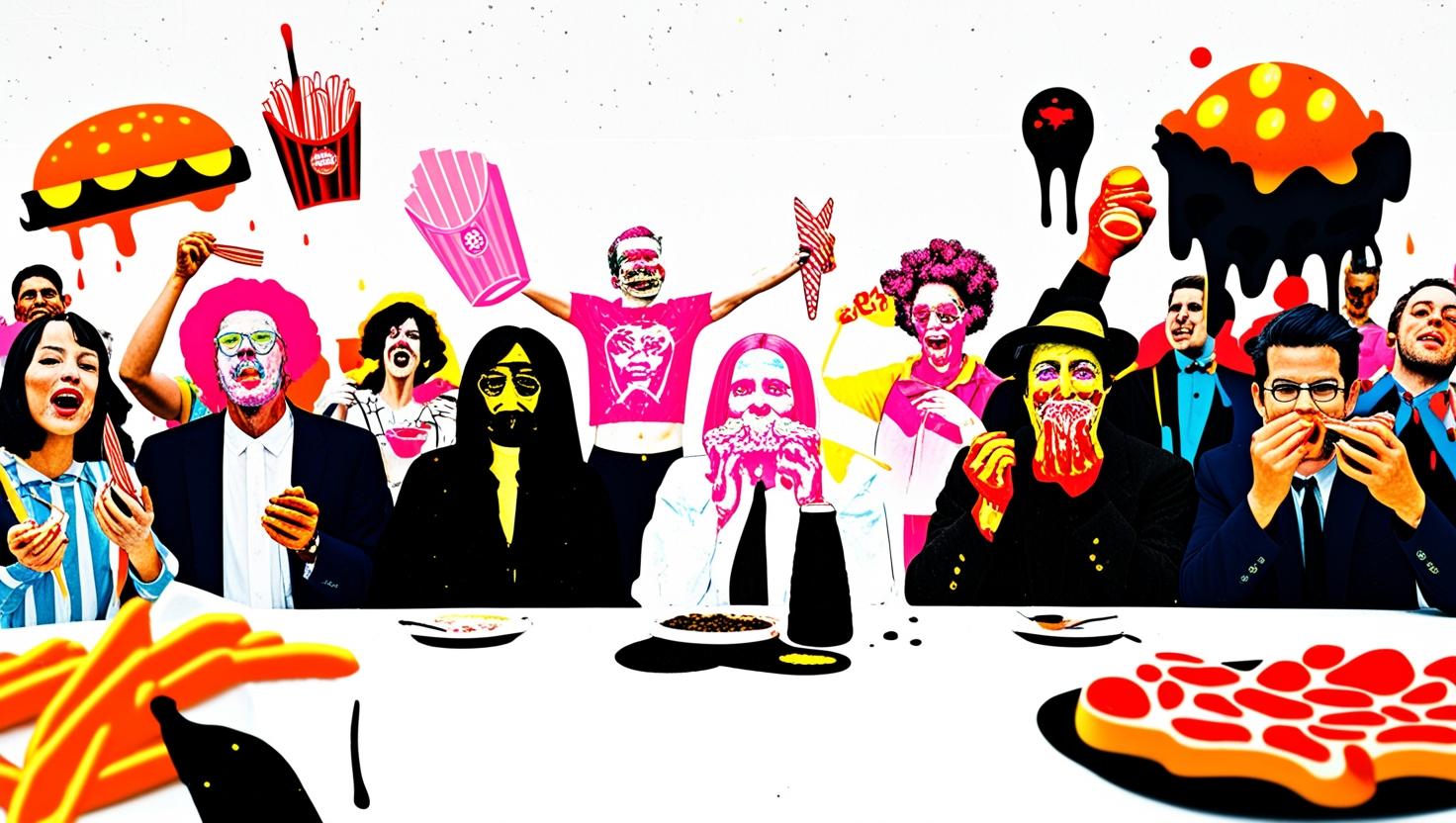Women Hold Up Half The Sky: Dallas Marches for International Women’s Day
Dallas' Women's Day March affirmed the community's discontent with the shifting political climate -- and its white patriarchal aims.
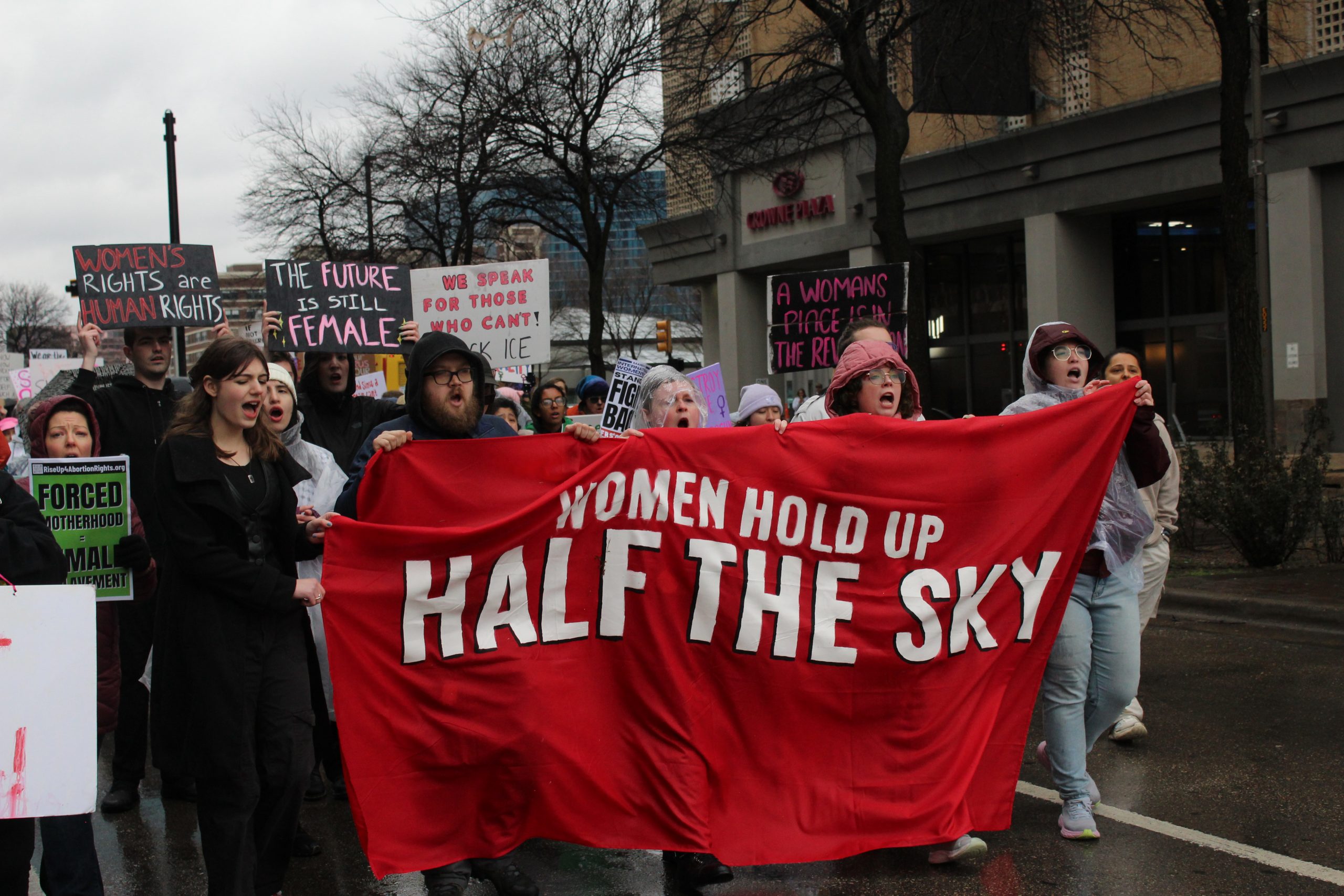
Dallas’ Women’s Day March affirmed the community’s discontent with the shifting political climate — and its white patriarchal aims.
On March 8, protestors braved the bitter cold and scattered showers to rally in solidarity for International Women’s Day. The event—organized by the Dallas chapter of Freedom Road Socialist Organization and their partners at Civic Garden in Downtown—encouraged people to fight back against relentless attacks on human rights. Speakers discussed the intersections between the women’s and labor movements, and emphasized the importance of standing united against oppression.
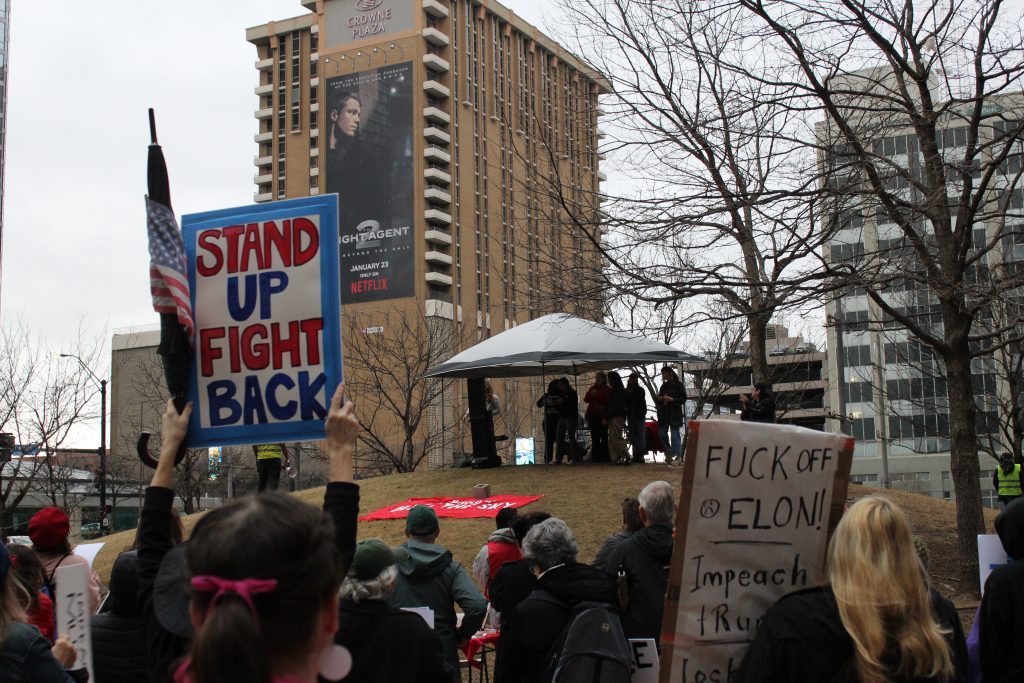
Brinda, a high school math teacher with Young Active Labor Leaders of Dallas, discussed how those in female-dominated fields like teaching and nursing are often undervalued and underpaid for their labor. She spoke about how her definition of feminism has evolved over time; it has become more than personal advocacy, now Brinda champions the struggles of working-class women across the globe.
”When you zoom out and you look at the whole world, you realize that a lot of the comfort you feel in the United States is because of the exploitation of other working-class women in the Global South,” Brinda said. “This led me to my belief in a united left and an organized labor movement.”
After Brinda’s speech, organizers welcomed Rosie, a representative of the Dallas American Federation of Labor and Congress of Industrial Organizations. Rosie expanded on the discussion of exploitation—labor and feminist movements’ common enemy. She challenged the notion that people should be in constant competition with one another.
“The ruling class wants us to think that to win, someone else has to lose,” Rosie said. “The labor movement knows that we will all get lifted when we work together. We don’t need to fight each other for these things, the same goes for the feminist movement. Audre Lorde said ‘I am not free, while any woman is unfree.’ The feminist movement knows that we cannot just fight for ourselves.”
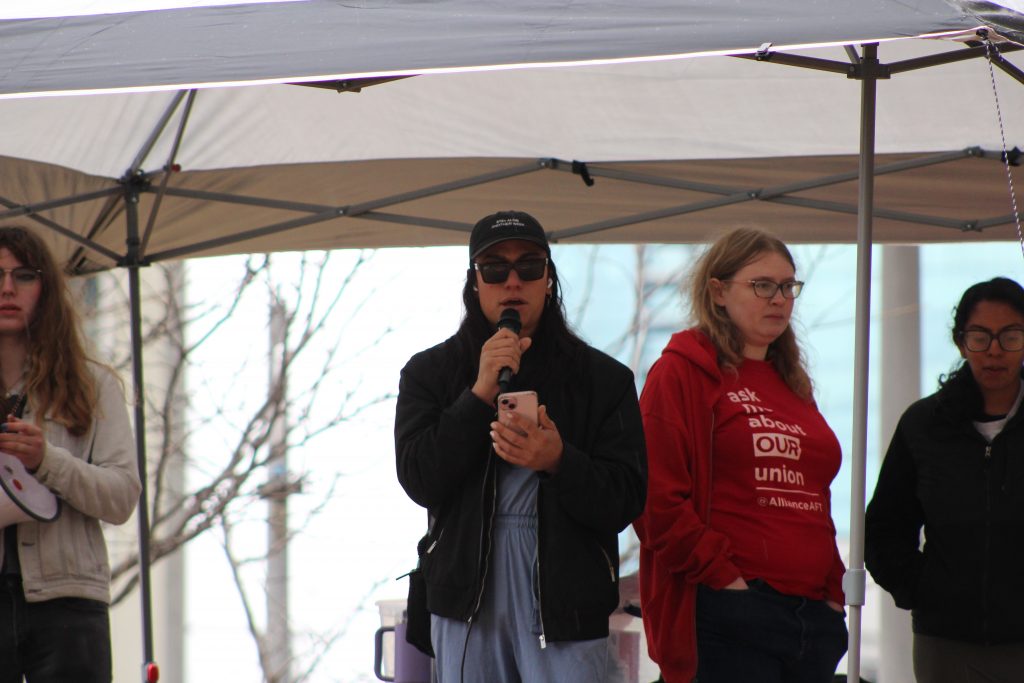
Saya, from the North Texas chapter of Democratic Socialists of America, spoke about revolutionary Marxist feminist Alexandra Kollontai. She said Kollontai rejected the narrow bourgeois feminism of her time, which sought to elevate a privileged few, while ignoring the masses of women trapped in exploitation and poverty. Saya encouraged people to honor the resistance of working-class women, marginalized women and all who fight at the intersection of oppression, rather than the hollow victories of liberal feminism.
Saya declared her solidarity with brown and Black women who bear the brunt of racial capitalism, with the trans women who face violence and erasure, and with the poor and disabled women who are abandoned by a system that values profit over people. She also honored the women of the Global South, who resist the plunder of imperialism, and the women of Palestine, who endure occupation and apartheid yet continue to fight for their land, dignity and future.
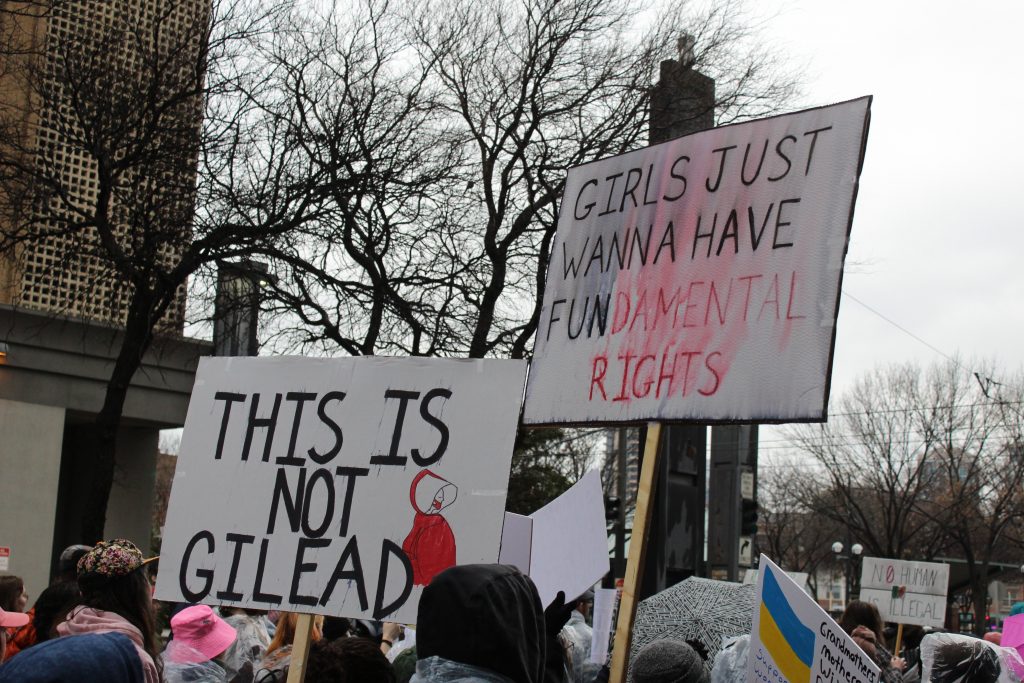
“These women are not victims,” Saya said. “They are revolutionaries. They are the ones who lead movements, who organize their communities, who refuse to be silenced. They remind us that our struggles are interconnected, that our liberation is bound together.”
Rachel, an organizer with Jewish Voice For Peace, followed Saya. JVP is an organization of Jewish anti-Zionists living throughout DFW and across the nation committed to the struggle for Palestinian Liberation that calls for an end to US support of Israel and its crimes. On International Women’s Day, Rachel emphasized that Palestine is a women’s issue. Rachel said for as long as political Zionism has existed, Jewish anti Zionism has existed. She encourages people to align with the struggles of all oppressed people everywhere from Palestine to Sudan to the Congo.
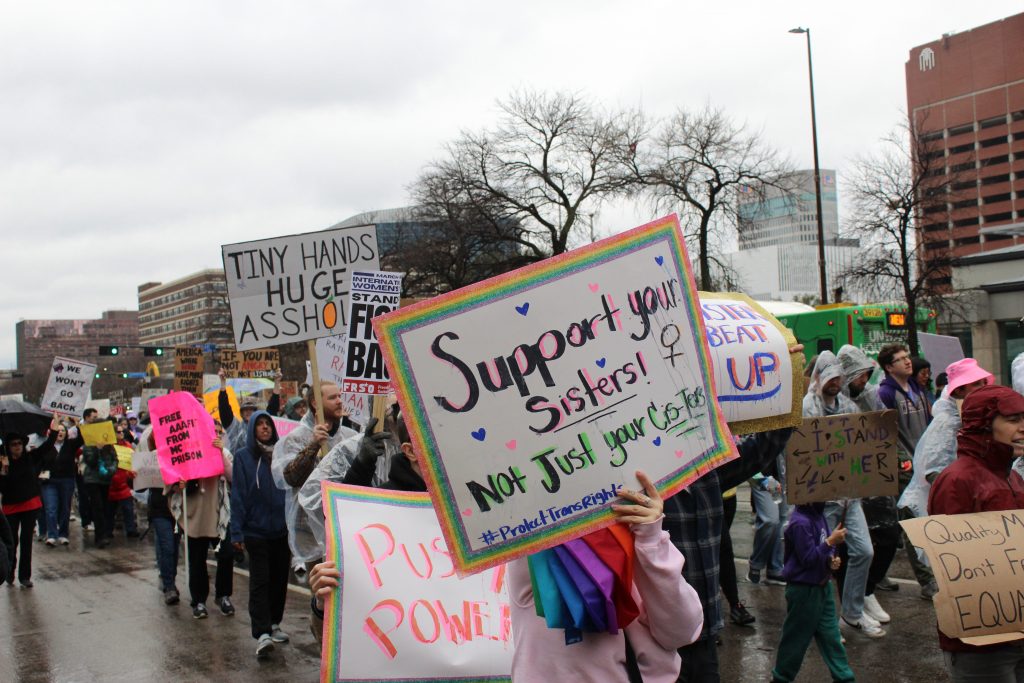
“If you’re here today, plug in the work of a local organization that aligns with your values,” Rachel said. “Help your community, feed your neighbors…We all have a role to play. There’s a fragile ceasefire in Gaza is fraying at the seams and as the genocide continues, we must double down on our support for Palestinian freedom. May we see an end to Zionism and full liberation for Palestinians everywhere.”
After the final speaker, protestors took to the streets, chanting “when women’s rights are under attack, what do we do? Stand up, fight back!”
The march paused to introduce Hazel from UTA’s Progressive Student Union and Jumana from the DFW Anti-War Committee and Code Pink. Hazel criticized the Trump administration for their attacks on trans rights. Jumana provided historical context for International Women’s Day, referencing figures like Claudia Jones and Lucy Parsons. She also acknowledged the courage of Palestinian activists like Ahmed Tamimi and Leila Khaled, who both challenged Israeli occupation through militant action.
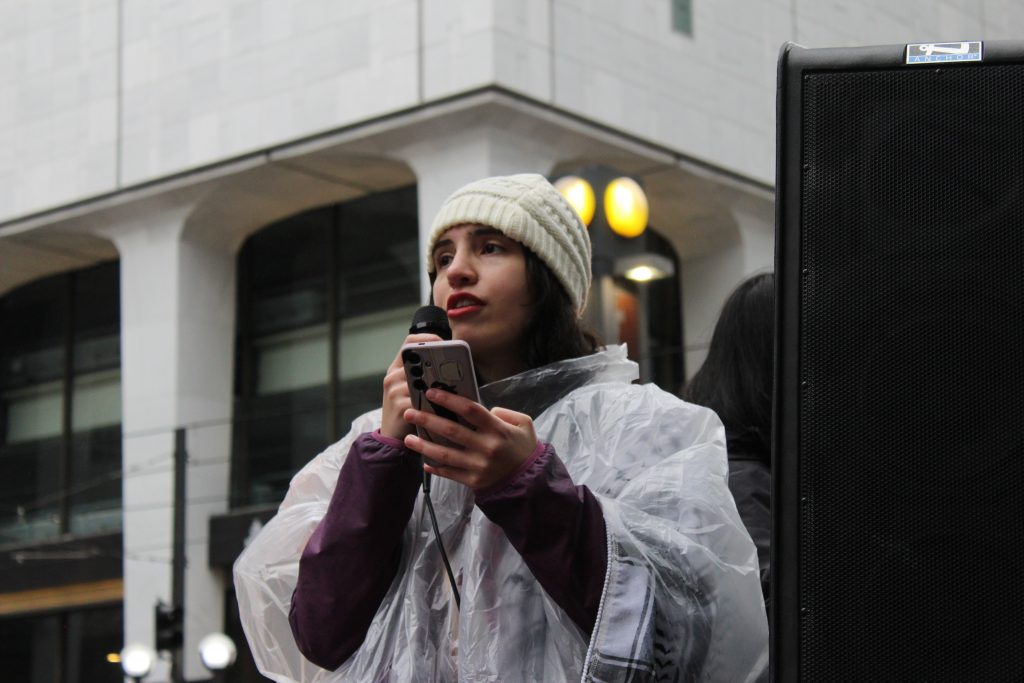
“Instead of celebrating women and our achievements, we find ourselves fighting against forces of evil,” Jumana said. “Yet again, it seems like every year the clock turns back time and we lose the very freedoms we fought so hard to gain. This is not new or surprising. Why? Because we have to remember that International Women’s Day is more than a celebration, it’s a struggle.“
After the march, community members were invited to join FRSO at Pan-African Connection for a teach-in and panel. The panel covered the history of International Women’s Day and encouraged people to get involved in their community.
